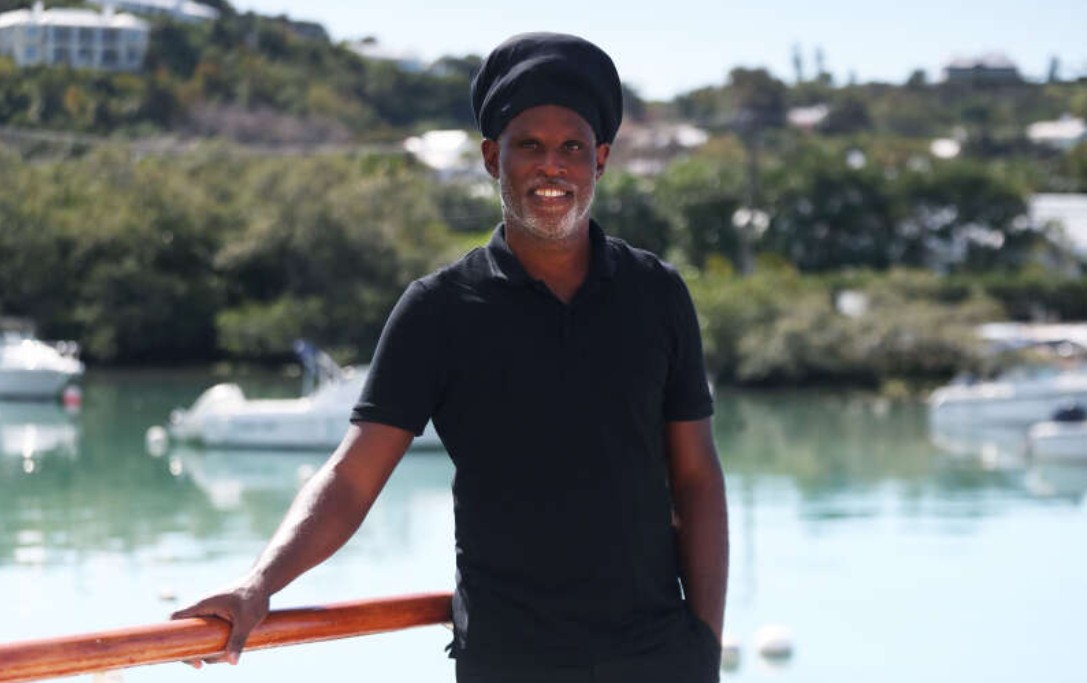Bermuda’s electricity sector regulator has opted against natural gas as a principal generation fuel and in favour of an offshore wind farm and more solar power.
Details were released yesterday by the Regulatory Authority in the island’s first Integrated Resource Plan, which outlines the framework for Bermuda’s energy requirements over the next 25 years.
Under the plan, within six years the island is scheduled to have a 60-megawatt offshore wind farm, 21MW of utility-scale solar photovoltaic supply and up to 30MW of “distributed generation”, meaning residential and small scale solar.
The RA said last night that “specific engines at the Belco plant that are dependent on fossil fuels will be decommissioned”.
By 2028, biomass generation is scheduled to be added to the island’s energy mix.
In a statement, the RA said two distinct options emerged from its analysis: liquefied natural gas as a fuel source with additional renewable energy, or no liquefied natural gas with very high renewable energy penetration.
“The RA selected the high renewable option which will yield the lowest long-term cost for a non-natural gas solution, while exceeding Bermuda’s renewable energy policy objective,” the regulator stated.
The RA chose from eight energy-mix scenarios. The one selected will result in 85 per cent of the island’s electricity coming from renewables by 2035, well in excess of the 38 per cent target of government energy policy.
The capital investment needed to implement the plan is estimated at $273 million.
Generators that burn liquid fuel “are not expected to operate at full utilisation from 2026 onwards due to the relatively high contribution that is expected from renewable sources”, the report states.
However, such generators will still be needed to ensure continuity of supply when renewable sources are not available and during major system faults, the IRP adds.
The regulator had gone through a 20-month process, which involved power utility Belco submitting its proposals for the IRP — which favoured a solution with natural gas being used as a principal fuel.
Eight alternative proposals were then submitted and reviewed by the RA and feedback from more than 800 people considered.
One of the proposals, submitted by BE Solar, included plans for a 60MW wind farm located six miles off Dockyard.
Angela Berry, the RA’s chairwoman, said: “We know that business as usual is not sustainable. We also know that investing in a natural gas solution would continue our dependency on fossil fuels for up to 50 years and provide fewer diverse investment opportunities.
“Therefore, the RA is confident that the energy plan will help to stabilise the cost of electricity, provide jobs to construct and support the new renewables infrastructure, increase investment opportunities for local and international investors, reduce our dependency on fossil fuels and place Bermuda significantly ahead of its renewables target.”
The IRP’s release comes as Ascendant Group shareholders prepare to vote next month on a proposed $365 million takeover by Algonquin Power & Utility Corporation.
In a letter to shareholders, Peter Durhager, chairman of Ascendant, said that for Bermuda, “Algonquin and Belco will continue to collaborate with the regulator to implement the IRP”.
Belco declined to comment on the IRP last night.
Ms Berry said the next steps in the IRP implementation include conducting several pre-feasibility studies to quantify the maximum amount of solar capacity available and future requirements, and also to undertake an investment-grade study on the use of wind power.
Another study would determine the feasibility of introducing biomass generation into the energy mix.
Ms. Berry added: “It is important to note that the IRP is a living document, and as such, the RA will conduct another IRP within the next three to four years to include the results of the pre-feasibility studies, to identify new changes in technology and gauge public sentiment regarding energy.”
Walter Roban, the home affairs minister, welcomed the IRP last night.
“I am pleased with the announcement and release of Bermuda’s first IRP,” Mr Roban said. “While there are elements of the IRP that reflect the Government’s commitment, the IRP also outlines a number of scenarios that the public should carefully consider as we all decide the course of our energy future moving forward.
“Bermuda has a long way to go before we can achieve a low-carbon energy future at a lower cost.”
Mr Roban added: “We must all do our part to decrease our demand for fossil fuels and non-renewable electricity in Bermuda. This contributes to hundreds of millions of dollars leaving the country and unsustainable high costs of living and doing business.”
Article courtesy of the Bermuda Royal Gazette.





